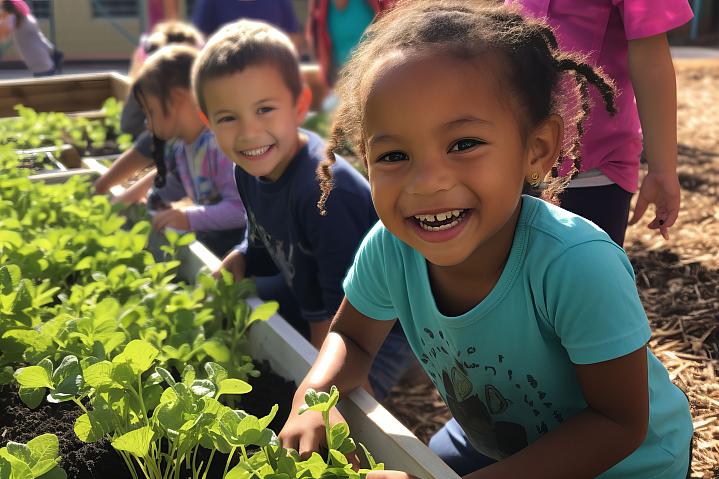Health Capsule
Green Spaces May Improve Kids’ Mental Health
 Keitma / Adobe Stock
Keitma / Adobe StockMental health problems affect millions of children in the U.S. Some studies have found that people with access to parks and other green spaces tend to have better moods and a lower risk of mental disorders. But few studies have looked at whether this is true in children.
Researchers studied more than 2,000 kids born between 2007 and 2013. The children came from nearly 200 counties across 41 states. Parents used checklists to report on their children’s mental health symptoms. The researchers used satellite imagery to estimate how much green space was near each child’s home.
The scientists found that kids ages 2 to 5 who lived near green areas had fewer mental health symptoms. For some symptoms, like anxiety or depression, the links were strong after accounting for other factors, like parent education or neighborhood socioeconomic status. For other behaviors, like aggression and rule breaking, the links weren’t strong after considering these factors.
In older children, ages 6 to 11, no relationships were found between green spaces and mental health. This may be because kids in this age range spend more time at school and less at home.
“Our research supports existing evidence that being in nature is good for kids,” says Dr. Nissa Towe-Goodman of the University of North Carolina at Chapel Hill, who led the team of researchers from NIH’s Environmental Influences on Child Health Outcomes (ECHO) Program. “It also suggests that the early childhood years are a crucial time for exposure to green spaces.”
NIH Office of Communications and Public Liaison
Building 31, Room 5B52
Bethesda, MD 20892-2094
nihnewsinhealth@od.nih.gov
Tel: 301-451-8224
Editor: Harrison Wein, Ph.D.
Managing Editor: Tianna Hicklin, Ph.D.
Illustrator: Alan Defibaugh
Attention Editors: Reprint our articles and illustrations in your own publication. Our material is not copyrighted. Please acknowledge NIH News in Health as the source and send us a copy.
For more consumer health news and information, visit health.nih.gov.
For wellness toolkits, visit www.nih.gov/wellnesstoolkits.



